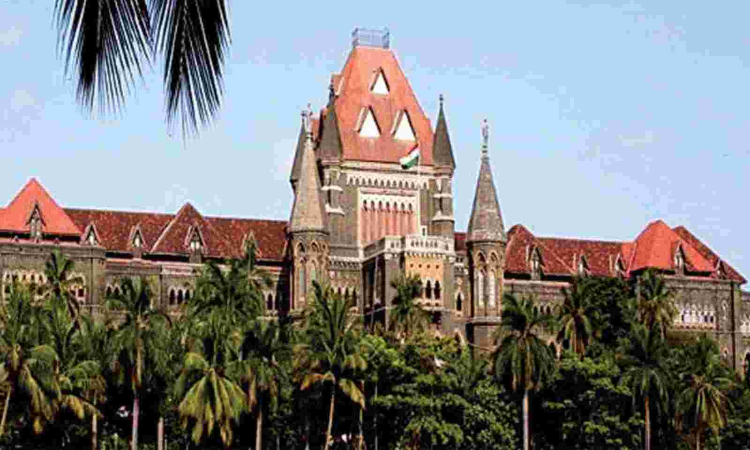A panchayat member with more than two biological children could be disqualified under the Maharashtra Village Panchayats Act, however, the member’s step children wouldn’t be a determining factor for the same, the Bombay High Court held. The court said that the objective of the Section was to disqualify a panchayat member responsible for the birth of more than two children. Therefore, a...

